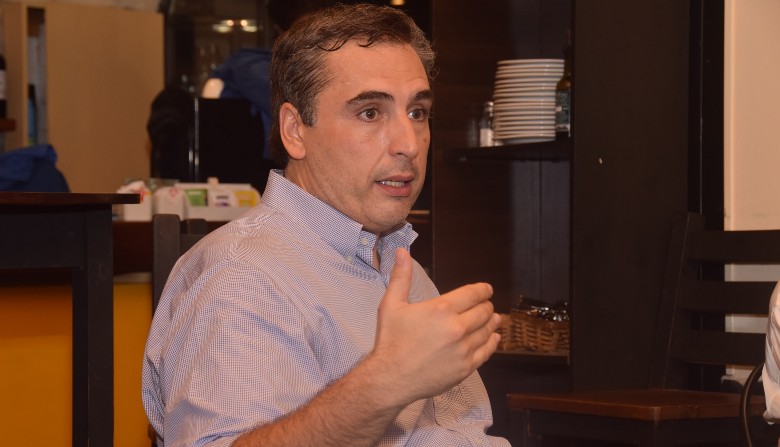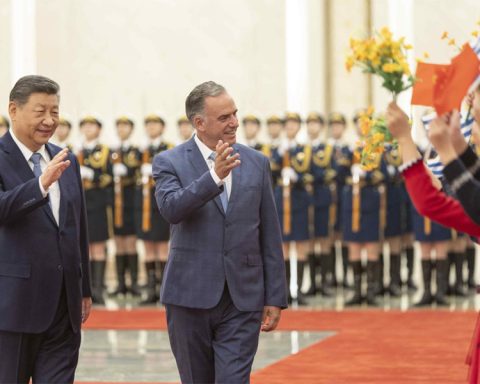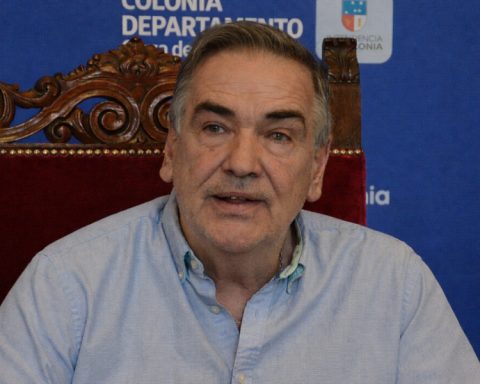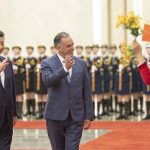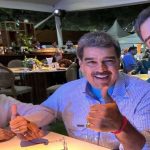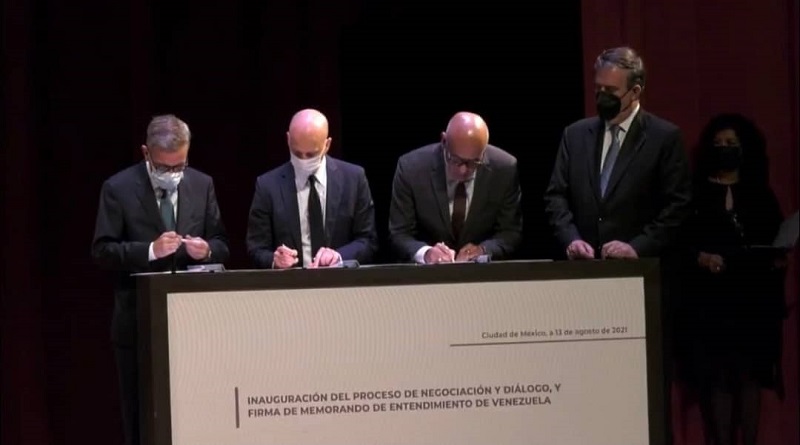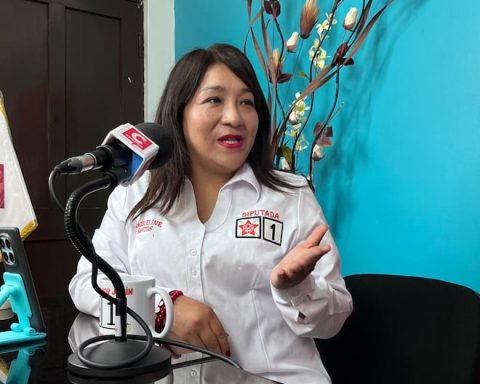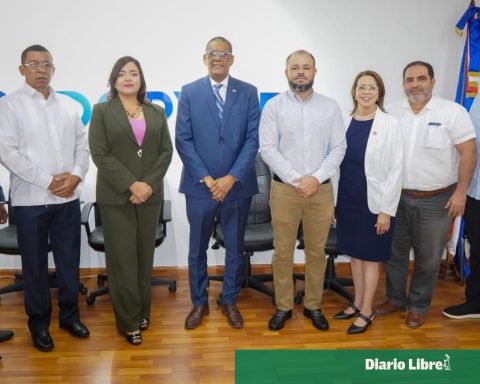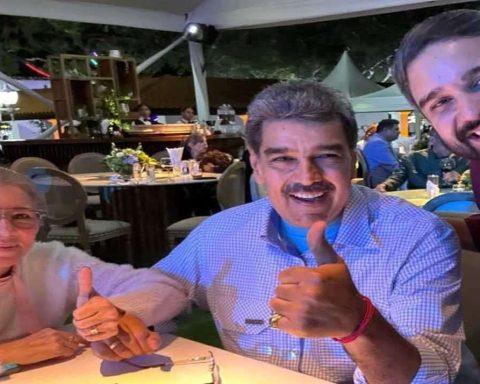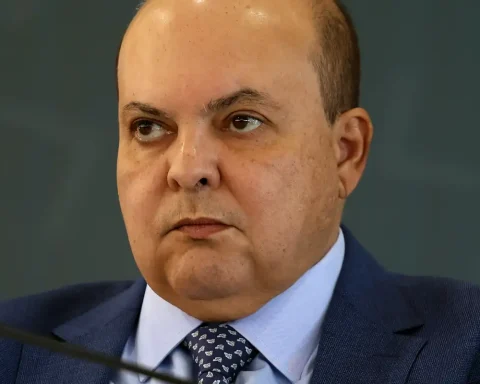The former Undersecretary of Economy during the presidential administration of the Broad Front and current coordinator of the Investment Commission of the Municipality of Montevideo, Pablo Ferreri, will go on to form the Subcommittee on Wealth and Solidarity Tax of the United Nations (UN ).
This subcommittee is part of a larger one linked to the preparation of proposals for taxation so that countries can assess whether to adopt them or not. In this case, this division’s mission is, among other things, to analyze “the advantages and disadvantages of taxes on wealth in its different forms and how they interact with other taxes, especially on capital”, according to the UN’s own definition. .
“It is a subcommittee of experts on wealth taxation,” Ferrari explained in conversation La R newspaper
“After the covid came out, we have an even more unequal world than what existed before the pandemic. In recent decades, the world has experienced economic growth and many people have been lifted out of poverty, but inequality has also intensified,” he said.
With the worsening of this situation, according to what the former Undersecretary of Economy explained, the UN saw the need to create this group to begin to “analyze proposals, ideas, to have fairer taxation, both on the side of public spending and the tax one”
“It’s about a group of 10 people from around the world looking at how to tax the world more fairly,” he said. “This subcommittee aims and has the objective of developing proposals that will later be contributed to the international community so that each country, depending on its characteristics and will, can decide whether to apply them or not,” he asserted.
Regarding his work, he said that “the idea is to produce material of intellectual quality that allows us to make better decisions. It is about thinking about measures to have a fairer taxation that allows a better redistribution of wealth.
Pride
Ferreri expressed his pride at being considered to work in this group. “The members are experts from all over the world. It is an enormous pride and honor on a personal level and I believe, as a Uruguayan, that it is very good that there are people from our country in the integration of this type of instances at this level, “he acknowledged.
“It will be a personal opportunity to contribute a little and to learn a lot with people of as high a level as there are,” he added.
The mayor’s official said that this group “does not have a fixed term” and explained that in its operation “drafts will be prepared for discussion and approval. I believe that in the course of next year documents will be generated. It does not have a fixed term.
Sturla against euthanasia law and support for palliative medicine
The Archbishop of Montevideo, Cardinal Daniel Sturla, appreciated that Parliament took the time to approve the norm, which already has half a sanction. His treatment will resume next year.
Sturla maintained that the Church supports palliative medicine that seeks to prevent pain and alleviate suffering, even if it speeds up the dying process.
In another order, Sturla said that the Archdiocese of Buenos Aires will continue with the tradition implemented in the Archdiocese of Montevideo of distributing French windows with Christian messages at Christmas.
The cardinal presented the new design for this year and assured that their placement represents a service to the entire Uruguay so that the party does not lose its true essence.
The proposal “Christmas with Jesus”, said the prelate, “is the seventh year that it has been carried out”, while announcing that the balcony doors “can be purchased in all the country’s parishes”.
Member of the Cuban Resistance highlighted his “fight” in the Legislative Palace
“We come here to testify to the struggle that the people of Cuba are giving for their freedom with daily protests in the country,” said Rodolfo Gutiérrez Boronat, coordinator of the Assembly of the Cuban Resistance (which brings together 35 organizations) at a press conference. of Cuban exiles) and secretary of the NGO Directorio Democrático Cubano, within the framework of the exhibition that was held this Thursday at the Legislative Palace called “Work, Transition and Human Rights in Cuba.” “Since July 11 of last year, a civic uprising began inside Cuba, which has continued despite the fact that there are more than a thousand political prisoners and 122 women community leaders” imprisoned, Gutiérrez explained. That day, more than 200,000 Cubans took to the streets to demonstrate throughout the country. The group’s spokesman said that “the people of Cuba want change, they want freedom” and that he came to Uruguay to publicize this situation. “Unfortunately this fight is not being known in the rest of the world,” he said, adding that “people have broken with fear, they are fed up with six decades of repression and they have caused the repressive capacity of the regime to collapse.”
Gutiérrez affirmed that the Cuban economy is “collapsed” by “communist measures that do not allow any significant private initiative” and by a “regime that has no transparency whatsoever.” “People do not know how the resources are used,” he said, adding: “There continues to be a clear predominance of a corrupt military caste that controls the entire economy of the country and of a single family,” that of the Castros. , “which is the one that directs everything.”
